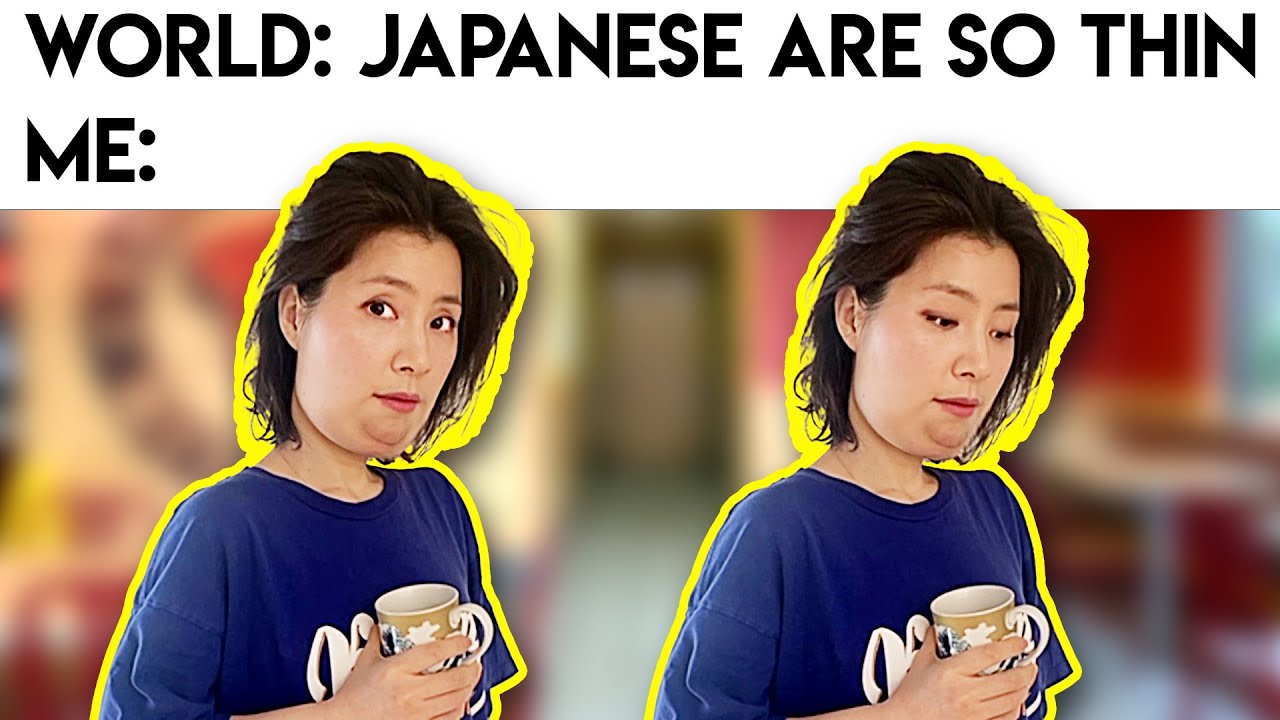The 2 Surprising Reasons Why Japan HATES Kyoto
Summary
TLDRIn this video, Shogo explores the cultural nuances of Kyoto, Japan, highlighting two main reasons why some people in Japan hold negative views toward the city. Firstly, there’s a historic sense of superiority in Kyoto, with its residents historically viewing people from other regions as uncivilized. Secondly, the people of Kyoto are known for their two-faced communication style, rooted in centuries of political intrigue. Shogo explains that these traits are part of the unique Kyoto culture, which is misunderstood by many. Despite these perceptions, Shogo urges viewers to understand the traditions before forming judgments, showcasing Kyoto’s rich and complex identity.
Takeaways
- 😀 Kyoto is a beautiful city with rich history, culture, and many national treasures, having been the capital of Japan for over 1,000 years.
- 😀 Some people in Kyoto historically looked down on other regions of Japan, viewing them as uncivilized or savage, due to Kyoto's status as the capital city.
- 😀 There is an exclusiveness in Kyoto, with residents from outside Kyoto City sometimes considered less important or less 'Kyoto' by the locals.
- 😀 The younger generation in Kyoto today tends to be more inclusive and open-minded, but older generations often still hold on to the old attitudes of exclusivity.
- 😀 People in Kyoto are often described as 'two-faced' because they tend to hide their true feelings, a practice developed to avoid confrontation with powerful figures during Kyoto's time as the capital.
- 😀 The concept of 'Kyoto language' exists, where words are often indirect and convey hidden meanings, leading to confusion for those unfamiliar with the culture.
- 😀 For example, saying 'your child is so energetic' in Kyoto actually means 'your child is too loud,' and 'nice clothes' implies the person should take a look at themselves.
- 😀 'Would you like some tea?' is a subtle way of indicating it's time for a guest to leave, as the host is politely signaling the end of the visit.
- 😀 Kyoto's communication style can be seen as a form of kindness because being blunt or direct might be considered impolite in this culture.
- 😀 Despite the negative stereotypes, many people now believe that Kyoto's 'two-faced' nature is simply a different cultural approach to politeness, and not inherently bad.
- 😀 The script encourages viewers to understand and appreciate Kyoto's culture, as living in Kyoto and immersing oneself in its traditions may challenge misunderstandings about the city.
Q & A
Why do some people in Japan dislike Kyoto?
-Some people dislike Kyoto because, historically, the people of Kyoto looked down upon people from other prefectures, viewing them as uncivilized. Additionally, Kyoto people are known for being two-faced, hiding their true feelings to avoid conflict and maintain politeness.
How long was Kyoto the capital of Japan?
-Kyoto was the capital of Japan for over 1,000 years, which greatly influenced its culture and the way people in the city view themselves and others.
What cultural aspect of Kyoto contributes to its people being seen as 'two-faced'?
-Kyoto’s long history as the capital meant that people needed to be careful with their words and actions, especially when interacting with powerful figures. This resulted in a culture of politeness where people often hide their true feelings to avoid confrontation.
What is the 'Kyoto language'?
-The 'Kyoto language' refers to the subtle, indirect communication style used by people in Kyoto. It involves saying one thing but implying something else, requiring others to read between the lines to understand the true meaning.
What is an example of the Kyoto language used in everyday life?
-An example would be when someone says, 'Your child is so energetic.' In Kyoto, this is a polite way of saying, 'Your child is loud and noisy.' This form of communication is often indirect and can be misinterpreted by outsiders.
Why did people in Kyoto historically look down on other prefectures?
-Historically, Kyoto was the capital of Japan, and other prefectures were seen as rural and less developed. This created a sense of superiority among Kyoto’s people, who viewed outsiders as 'savage' or 'uncivilized.'
Is the attitude of Kyoto people towards outsiders still prevalent today?
-While the attitude of superiority is much less common today, especially among younger generations and people from outside Kyoto, older generations in the city center may still hold these views.
What does the phrase 'Your room is so clean' mean in Kyoto?
-In Kyoto, the phrase 'Your room is so clean' is actually a polite way of implying that the person should clean their house more. This is an example of indirect communication.
What does 'Would you like some tea?' mean in Kyoto?
-In Kyoto, when someone offers you tea, it’s usually a polite way of saying it's time for you to leave. If offered tea, you should recognize this subtle hint and excuse yourself.
Why do some people interpret the behavior of Kyoto people negatively?
-Some people interpret the behavior of Kyoto people as insincere or evasive, not understanding that it is rooted in a cultural tradition of politeness and maintaining harmony, rather than being outright dishonest.
Outlines

This section is available to paid users only. Please upgrade to access this part.
Upgrade NowMindmap

This section is available to paid users only. Please upgrade to access this part.
Upgrade NowKeywords

This section is available to paid users only. Please upgrade to access this part.
Upgrade NowHighlights

This section is available to paid users only. Please upgrade to access this part.
Upgrade NowTranscripts

This section is available to paid users only. Please upgrade to access this part.
Upgrade NowBrowse More Related Video
5.0 / 5 (0 votes)





